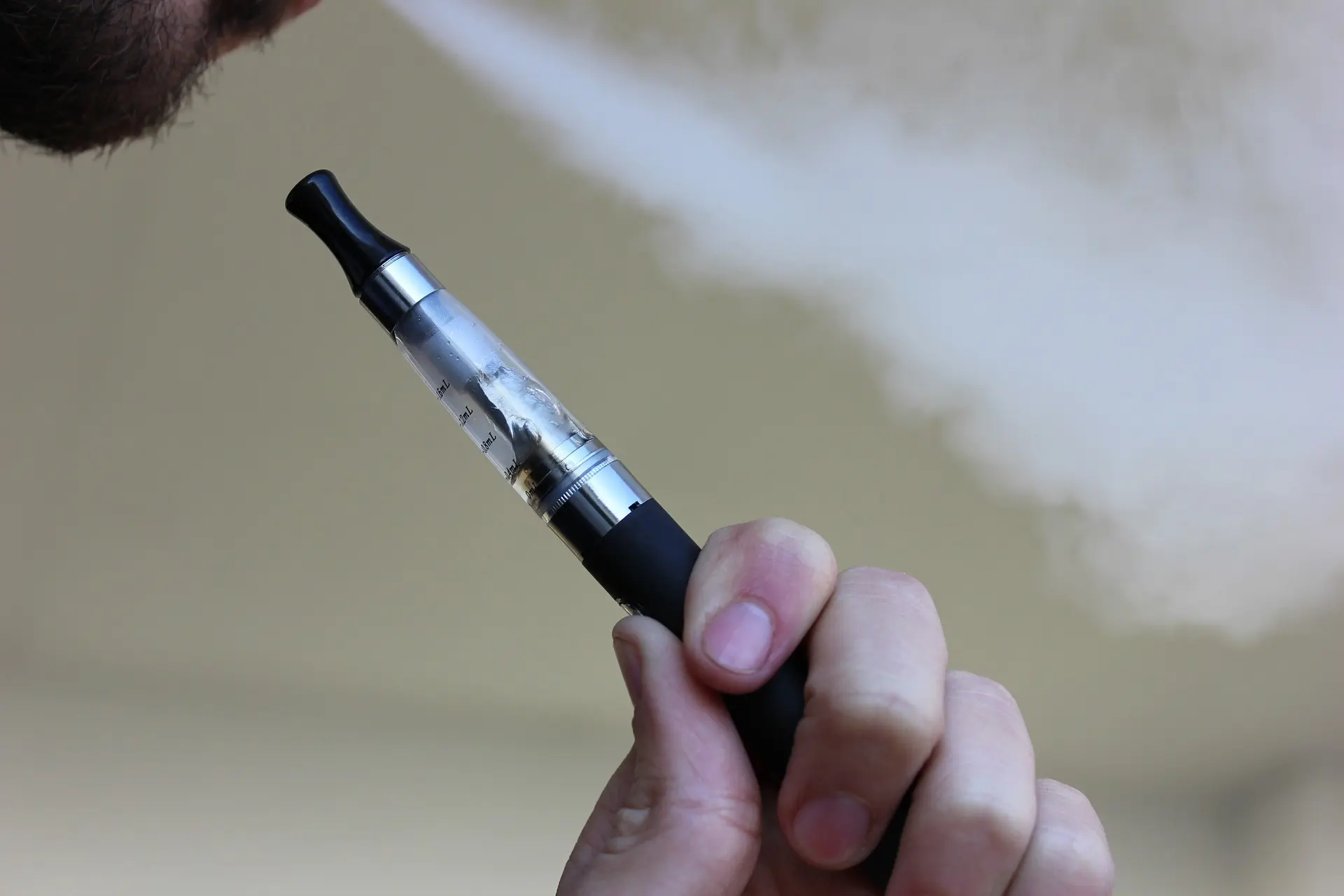E-Cigarettes and Liquid Nicotine Poisoning

What is Nicotine?
Nicotine is a highly addictive substance found in tobacco products, including cigarettes, cigars, chewing tobacco, e-cigarettes, and pouches.
Nicotine poisoning can occur when someone ingests, inhales, or absorbs nicotine through the skin or eyes. It can be particularly dangerous for children and young adults, as they are more susceptible to the effects of nicotine.
Why is Nicotine Poisoning Trending?
While tobacco products have been a long-standing public health issue, E-cigarette (aka e-cigs, vape pens, vapes) use has continued to gain popularity throughout the last decade. Poison centers began receiving calls about e-cigarettes and liquid nicotine products in 2010, which overlaps with the initial period where these products reached the U.S. market.
- Exposures first peaked in 2014, which was the first year e-cigarettes became the most commonly used tobacco product reportedly used by U.S. youth.
- In 2019, exposures to nicotine liquid used to refill e-cigarette devices peaked.
- Exposures to e-cigarette devices continue to rise, reaching an all-time high in 2024.
The majority of cases reported to poison centers are due to accidental exposures in children less than 6 years old. This reflects the increasing availability of these products in the home due to use by guardians or older siblings. Additionally, in the last 5 years, the FDA has warned companies selling e-cigarette devices made in the shape of toys, foods or cartoons that specifically appeal to use by young people.
What are the Signs and Symptoms of Nicotine Poisoning?
As mentioned previously, nicotine poisoning can occur when someone ingests, inhales, or absorbs nicotine through the skin or eyes. Children experience the most pronounced symptoms when they directly drink liquid nicotine used to refill devices. Teens and adults often experience symptoms from inhaling too much nicotine from e-cigarette devices. The symptoms of nicotine poisoning can vary depending on the amount ingested and the individual’s sensitivity. Here’s what to watch out for:
- Nausea
- Vomiting
- Headache
- Dizziness
- Pale skin
- Sweating
- ConfusionTremor/shakiness
- Rapid heart beat
Severe cases of poisoning can result in difficulty breathing, heart problems, seizures, coma, and death.
Treatment and First Aid:
First Aid:
- If liquid nicotine is spilled on someone, remove any affected clothing and wash the area with soap and water.
- If ingested or inhaled, contact Poison Help (1-800-222-1222) for specific recommendations.
There’s no specific antidote for nicotine poisoning, but medical professionals can provide medications to help support patients experiencing more serious symptoms of nicotine poisoning.
Prevention is Key:
The best way to deal with nicotine poisoning is to prevent it from happening in the first place. Here are some steps you can take:
- Keep nicotine products out of reach of children.
- Store nicotine products in their original packaging and in a locked container.
- Educate youth about the dangers of nicotine.
- Do not refill e-cigarette devices when children are around.
- Limit use of e-cigarettes around children.
- Wear protective gloves when handling nicotine liquid.
- Dispose of unused nicotine liquid and e-cigarette devices following safe disposal recommendations and local guidance.
Take Action:
If you suspect nicotine poisoning, contact the Poison Help line immediately. Our poison control experts are available 24/7 every day of the year to offer guidance and support. Here’s how to reach us:
- Website: www.poisonhelp.org
- Phone number: 1-800-222-1222
Remember, there is always someone available to help. Don’t hesitate to call if you have any concerns after using nicotine, OR if you have questions BEFORE using nicotine products.
For the Media
Please cite this data as “National Poison Data System, America’s Poison Centers.” Any and all print, digital, social, or visual media using this data must include the following: “You can reach your local poison center by calling Poison Help at 1-800-222-1222. To save the number in your mobile phone, text POISON to 301-597-7137. Email Media@PoisonCenters.org or call 703-894-1863 for more information, questions, or to submit a data request.